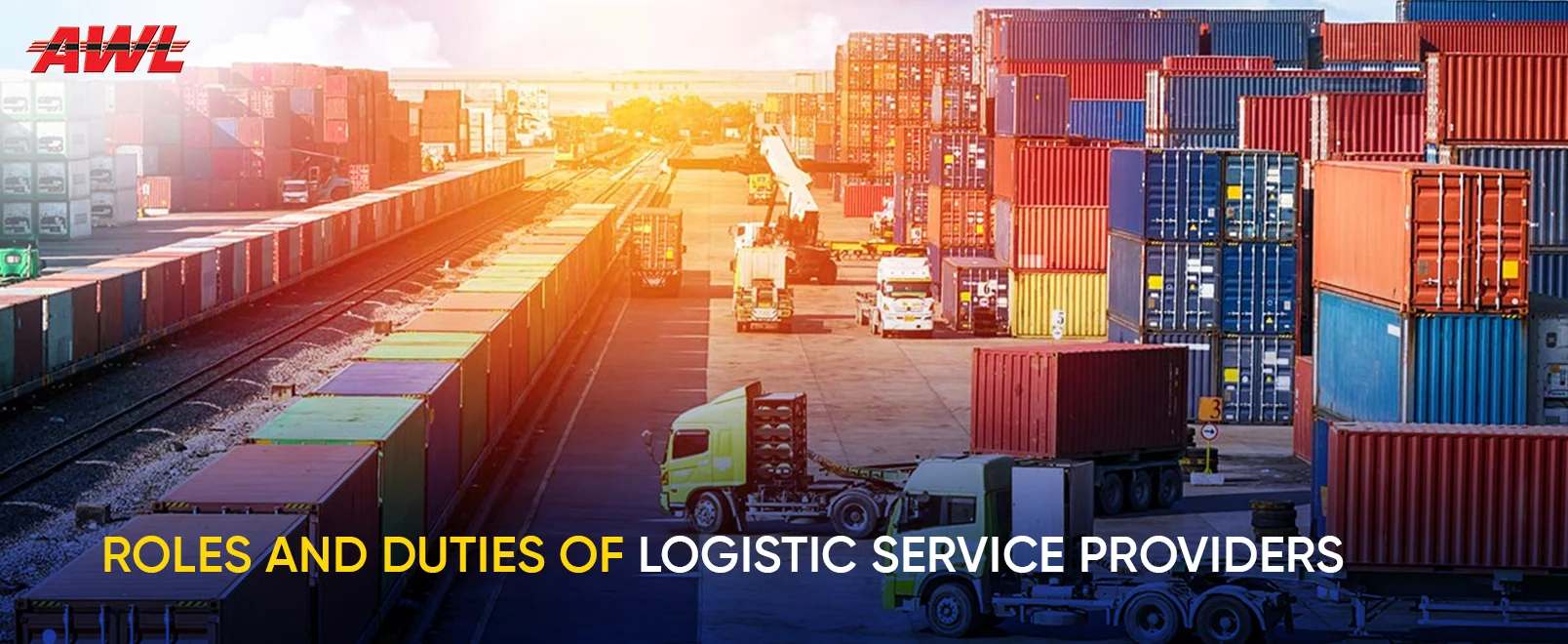
In India, the role of logistics providers is constantly changing. The notion of 3PL, in which logistics companies function as a single point of contact for customers' diverse logistics needs, has gained widespread acceptance in AWL over the last two decades.
Now, AWL is transitioning to 4PL and 5PL models, in which the logistics provider serves as the customer's extended logistical arm and a single point of contact. Some businesses include logistics stakeholders in the strategy development process as well. In such circumstances, the logistics provider's function isn't only restricted to execution; they're also heavily involved in planning.
By working with different vendors and leveraging their experience and knowledge, AWL provides a one-stop solution to complex supply chain operations. A third-party logistics company can provide a variety of services that would otherwise need the customer company to hire a large number of people. Customers can focus on their core skills and eventually develop by having their supply chain managed by a 3PL provider. The following are some of the functions and responsibilities of logistic service providers:
1. Expertise and understanding
Logistics service providers handle all transportation requirements, from origin through delivery to final clients. Professionals with deep knowledge of customs procedures and tariff schedules know how to ensure that the best and most efficient delivery route is taken.
2. Warehouse Management
According to AWL experts, a warehouse is essentially a software application designed to monitor and oversee warehouse activities on a daily basis.
It essentially encompasses a broader range of activities that begin with auditing and tracking items from the time they are received into the appropriate warehouse, through storage, and eventually to the end-customer as the final stage in the supply chain process. A WMS avoids manual errors while also taking care of stock control management by ensuring inventory-related data transparency. A WMS application provides customers with a centralized system in which multiple warehouse management roles and duties are managed through a uniform interface, ensuring warehouse operations are simple to use and efficient.
3. Documentation Assistance
Documentation is critical not only for physical logistics operations involving multiple agencies throughout the chain, but also for the financial, trading, and accounting processes of both buyer and seller organizations, as well as partner banks, which rely on the complete set of documentation pertaining to each transaction to recognize the sale, determine the value of the consignment and make necessary payments. Organizational accounting practices necessitate extensive documentation in accordance with bookkeeping practices and standards. Finally, commodities and services are only recognized and identified at each stage if they are accompanied by a set of authenticated ownership documents that allow them to be exported or imported into or out of the country. There are numerous more factors, such as the carrier's terms of carriage, as well as insurance responsibilities and coverage, that necessitate a set of documents addressing specific components of each transaction.
4. Create a network
The Logistics Network is a critical component of the supply chain since it connects manufacturers, suppliers, wholesalers, retailers, and consumers. Manufacturers and end consumers are linked by transportation, warehousing, and distribution center operations (directly or indirectly). The logistics network within supply chains is strongly reliant on organizations having a holistic approach to designing their supply chain processes, which is dependent on a strategic planning process.
5. Value-Add Services
The phrase "value-added logistics" (VAL) is used in the industry. This enables AWL to provide a more comprehensive service and is a critical instrument for improving client satisfaction. This is especially critical when dealing with businesses that rely on a customer's confidence.
By definition, logistics is a competitive industry. Importers require competitive logistic services to ensure that their commercial activities are successful. However, we must distinguish between competitiveness and having greater resources. In reality, medium-sized and specialised businesses are the best at implementing additional value. When a logistics operator offers value in the appropriate way, it demonstrates their understanding of the industry and the demands of the consumer.
6. Cost-cutting measures
When considering how firms may save money on logistics expenditures, there are a few things that come to mind. As a third-party logistics supplier, we hear a number of reasons why customers refuse to use true solutions that might help them save money. However, the one response that consistently costs businesses money is "we've always done it that way" or "we already have fantastic pricing in place." Yes, their existing operations and agreements are terrific deals in some circumstances, but these comments are frequently inaccurate and rehearsed. Yes, there are a number of organisations on the market that can help with logistics, but what some people don't realise is that there are more true savings than just the freight being moved or stored. It has been proved that being able to develop more streamlined processes or reporting that saves time for your transportation and accounting teams saves money. Companies may be able to save time on operational activities by applying these processes on a monthly basis, allowing them to spend more quality time on other tasks. That's just one example of how streamlining operations saves money overall rather than simply on freight or storage."

AWL India
Owner
